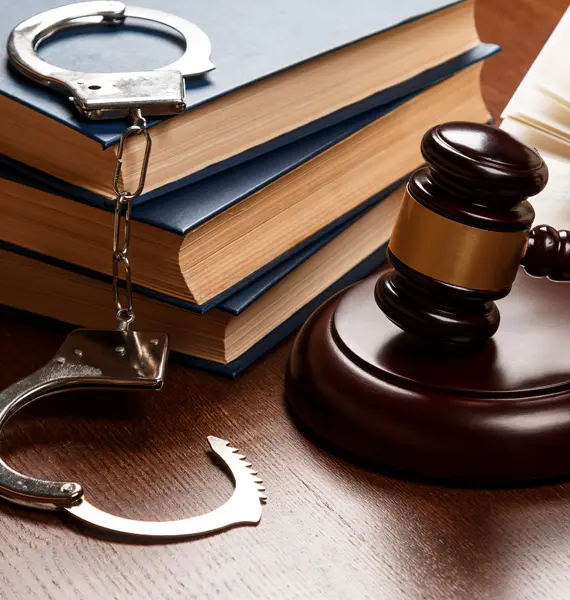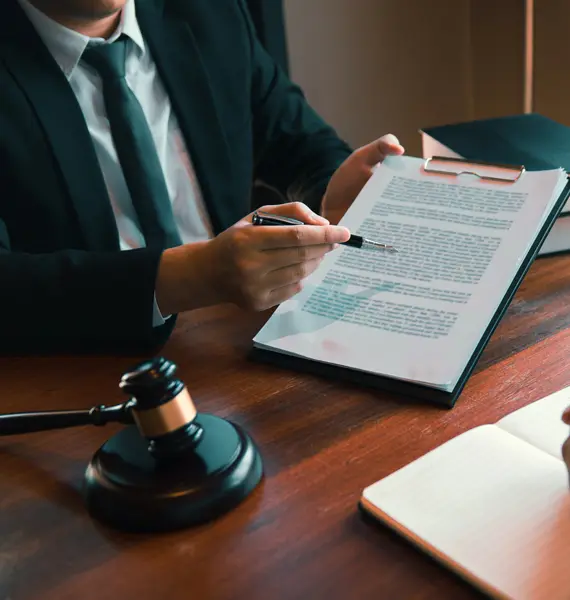Have you been charged with a crime? Are you being prosecuted for acts that you didn’t commit? It’s time you called a local criminal defense lawyer who has a reputation or personalized legal assistance and experience in a wide range of situations. At the Law Office of Robert Elovitz, we provide criminal legal advice to people in the Edwardsville, Illinois area that find themselves in a wide range of situations. As a family-owned law firm, we understand the pressure and stress that criminal charges can put on a family, and we’ll use our legal resources to help give you the best chance at a successful resolution of your case. Read below about the types of charges that we can help with, and call our staff for a free legal consultation!


In the Edwardsville, Illinois area, people know where they can go for help with criminal charges. In fact, they know that our staff can help with a wide range of legal situations. From drug charges to assault and more, our team understands what a legal battle takes, and we’ll use the full extent of our resources to help you fight the charges that have been levied against you. Below, are the types of charges that we may be able to help you fight. Please review the list and contact us to schedule a legal consultation with a criminal defense lawyer.
Felonies are major crimes that are punishable by large fines and multiple years in a state penitentiary. Below, you’ll find the different types of felonies. However, if you’re charged with one of these, it’s not guaranteed that you’ll serve time. That depends on the evidence against you, the strength of your defense, and any possible plea deals that you may be offered by the prosecution.

Statute of limitations refers to the amount of time that someone has to file a lawsuit against you for any number of crimes. The statute of limitations will vary depending on the charge, meaning you must be informed if you’re trying to levy charges against someone else. Our office can help you understand the statute of limitations for your specific legal situation.
Each case is different. However, in the State of Illinois, the general process is as follows.
If you’ve been charged with a misdemeanor or a felony, it’s important that you seek legal consultation with a qualified attorney. The law is complicated, and it takes experience to understand how to navigate these issues.
We also provide legal assistance to Alton, Collinsville, Granite City, O’Fallon, Greenville, and the surrounding areas in Madison County, Illinois and Bond County.